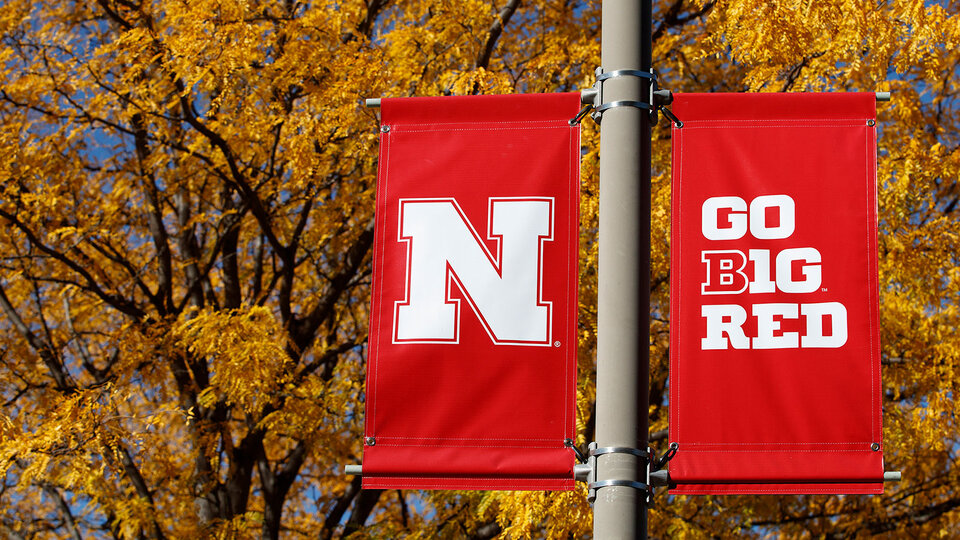Faculty service — one third of the tripartite mission of the University of Nebraska-Lincoln — has an impact. It impacts the institution, our students, our colleagues, and the citizens of Nebraska, as well as those around the world. When it is an integral part of faculty daily work, it can have a positive impact on teaching and creative/research activity. This DEO Essential provides advice on how to help faculty find meaningful service and balance their service contributions with their work in the other mission areas of the university.
- Create department service goals, and then reward those who contribute toward them.
- Create a list of example service opportunities that include institutional, state, regional, national, and international opportunities that are appropriate for the department. A great place to start is with this list of faculty governance and shared governance committees at UNL that perform necessary and important institutional service: go.unl.edu/campuscommittees.
- Create examples of the amounts and types of services that are expected based on common service apportionments in the department.
- Encourage faculty to find service opportunities that have a purpose. Ask them to consider what their goals are and how service might help them advance those goals. Will they gain insight into institutional or professional operations? Will they improve their visibility or socialization within the institution, state, region, or discipline? What opportunities may result from this service? How will this service experience advance their career trajectory? What relationships might arise from this opportunity that will advance their teaching, creative/research activity, or career agenda?
- When asking or choosing faculty to serve on committees, be mindful of overburdening women and faculty from minoritized populations, as research shows that these individuals tend to volunteer more frequently for service, and are asked to do more service, than their white male counterparts. If you must add another service commitment to an already over-committed colleague, consider negotiating a temporary change in apportionment to reflect the work being done.
- Consider department, college, and university service needs, particularly with fully promoted and senior faculty. Is there a way to better serve those needs and maximize the talents and interests of the faculty? Would adjusting apportionments to increase service be appropriate?
- Respect when a faculty member says no. Avoid pressuring faculty — especially junior faculty, women faculty, and faculty from minoritized populations — to take on a service obligation. Recognize the courage it has taken to say no to "the boss."
- Talk with faculty who are oversubscribed with service opportunities. Encourage them to say no using these strategies from the NCFDD:
- "That sounds like a really great opportunity, but I just can't take on any additional commitments at this time."
- "I'm not the best person for this. Why don't you ask blank_____________?"
- "I am in the middle of blank_____________, blank_____________, and blank_____________ [fill in the blanks with your most status-enhancing and high-profile service commitments], and if I hope to get tenure, I'm unable to take on any additional service."
- "If you can find a way to eliminate one of my existing service obligations, I will consider your request."
- "No." [Look the asker in the eye and sit in silence].
Resources
- UNL: "Role, Mission, and Values" unl.edu/role-mission-and-values
- UNL: "Aim 4: Broaden Engagement" go.unl.edu/aim4
- Inside Higher Ed: "What Is the Value of Faculty Service?" go.unl.edu/wvfs
- NCFDD: "The Art of Saying No" go.unl.edu/artofno
- NCFDD: "Just Say No" go.unl.edu/justsayno
- Chronicle of Higher Education: "Faculty Service and the Difference Between Opportunity and Exploitation" go.unl.edu/fsdboe
